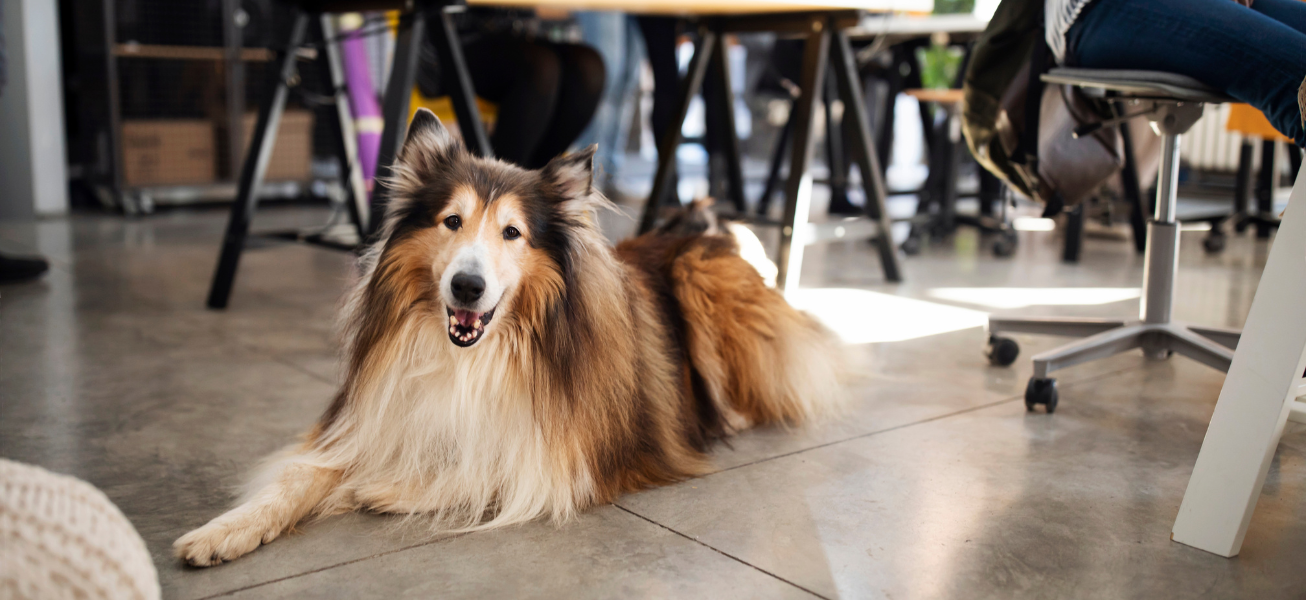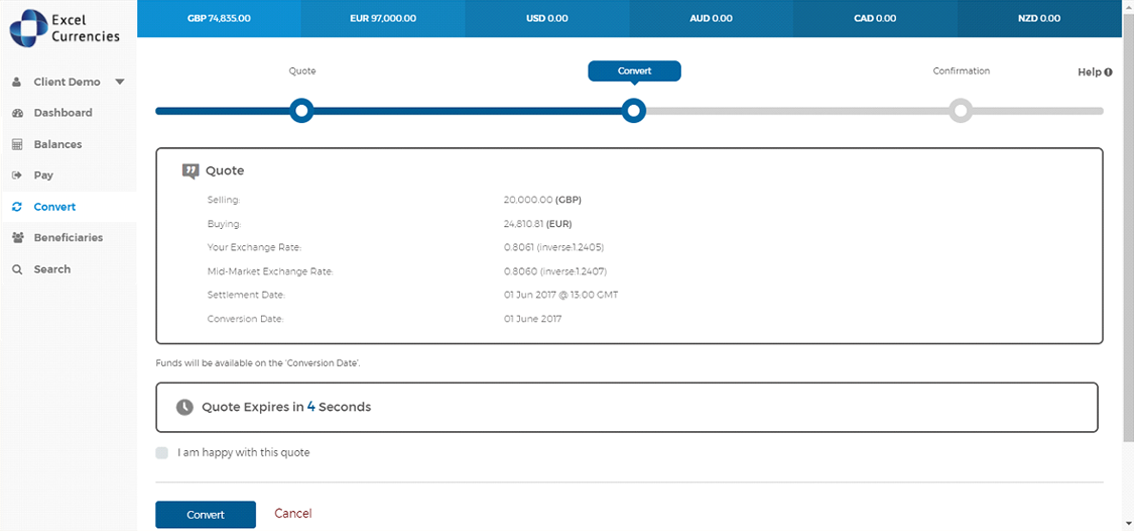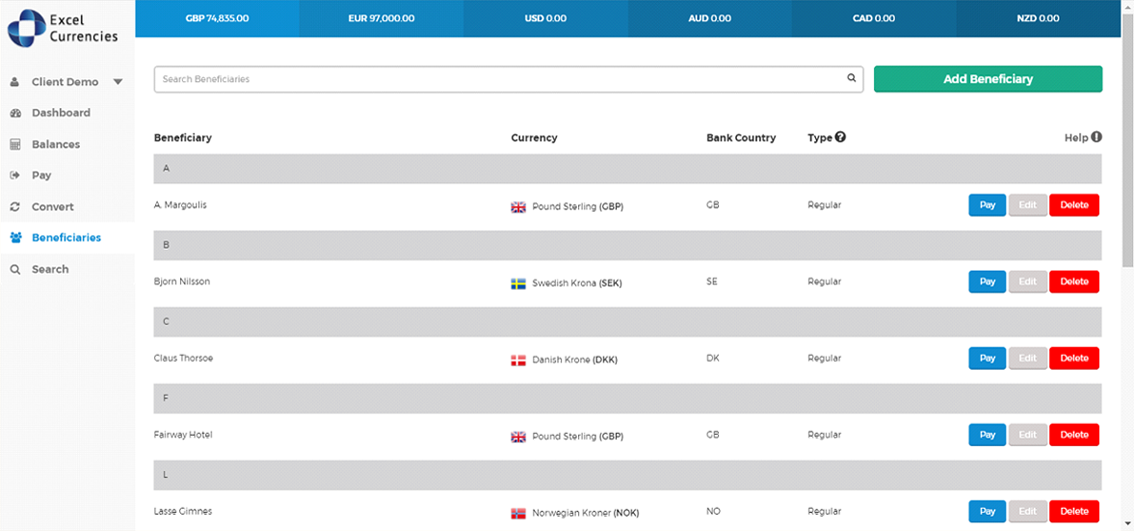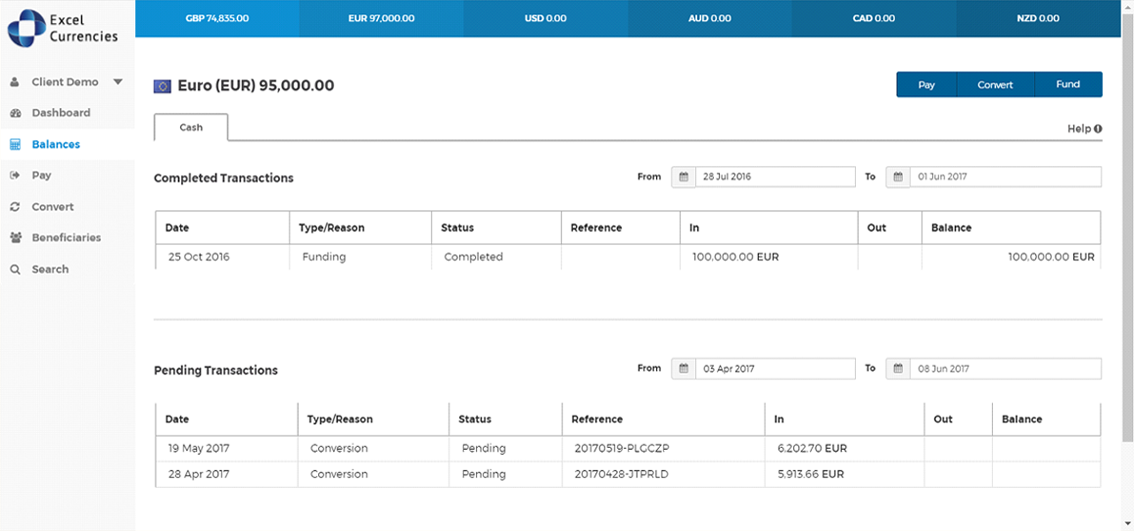Our accounting partner explains which working dogs can claim an expense..
Working dogs such as those in farming, search and rescue, police, and military are classified as "stock or plant" and are owned by the business. This means that they can be claimed as a capital allowance, providing full relief for purchasing costs. Additionally, feeding and caring for them would be considered a tax-deductible expense, including veterinary care. If the business is VAT registered, they can also recover VAT on the costs of feed and vet bills. In fact, businesses with working dogs can claim a weekly dog allowance of £7.63 per dog per week, which is tax-free. Woof-tastic!
It's worth noting that there is limited guidance from HMRC on how to treat different working animals for tax purposes. For example, even a cat used to control mice in a grain store would be considered a working animal and would be taxed like a working dog.
Claiming expenses for Office Dogs
Although having a dog in the office can boost morale, HMRC does not classify office dogs as "working dogs." Since the dog is likely to be the boss's pet, it would be difficult to argue that any costs incurred are for the business. HMRC also specifically states that employees with dogs who are required to travel cannot claim tax relief for additional kennelling or care fees as these costs are a result of personal circumstances, not the job itself.
Claiming expenses for Guard/Protection Dogs
Just like a sheepdog on a farm, certain breeds of dogs can be used as protection dogs for business owners. HMRC considers dogs used in this role as working dogs if they are suitable for guarding and live mainly on the business premises. However, it may be challenging to claim expenses if the dog is also a family pet. It's essential to consider whether the dog is primarily a pet or a working dog that is a business expense.
Claiming expenses for Therapy Dogs
Dogs are often referred to as "man's best friend," and they're commonly used as therapy for humans. Working therapy dogs can be found in hospitals, care homes, schools, and more. Training a dog for this specialised role can be expensive, so there may be a case for deducting their expenses against the business. HMRC will consider the breed of the dog, just like with protection dogs. If the dog is taken home at the end of the working day, it can be considered incidental, like other types of working dogs mentioned earlier.

 Twitter
Twitter Facebook
Facebook linkedin
linkedin Google
Google








